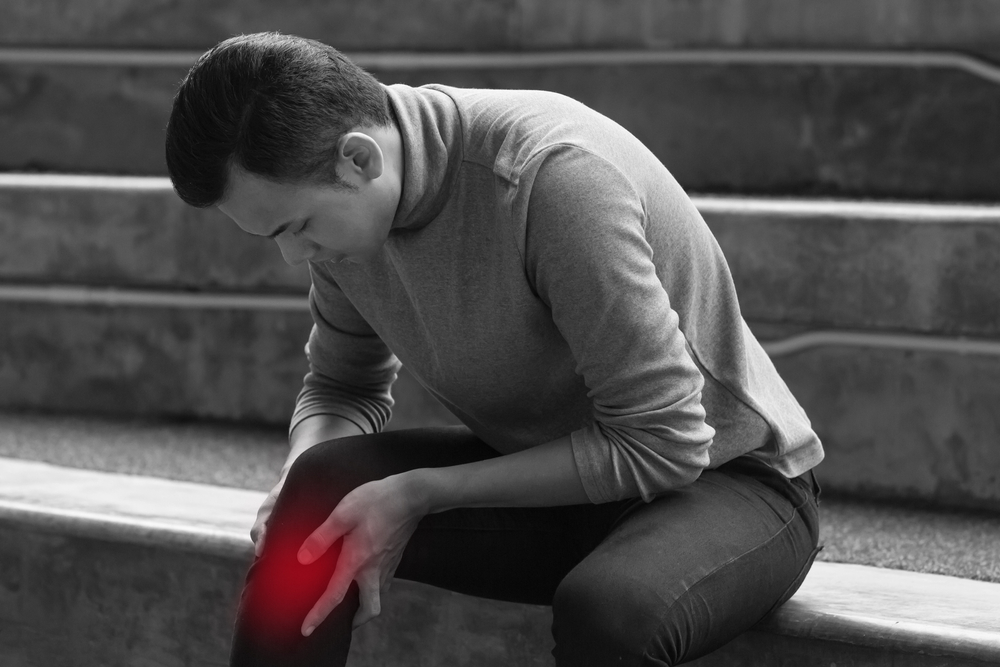Comprehensive Guide to Detecting and Effectively Managing Esophagitis
This comprehensive article provides detailed insights into detecting and managing esophagitis effectively. It covers symptoms, diagnostic tests like endoscopy and barium swallow, treatment options including medications and lifestyle modifications, and preventive tips for long-term esophageal health. Designed for those affected or at risk, it emphasizes early diagnosis and personalized care to reduce complications and enhance quality of life.

Comprehensive Guide to Detecting and Effectively Managing Esophagitis
Esophagitis is a common inflammatory condition that affects the esophagus, the muscular tube responsible for transporting food from your mouth to your stomach. This condition can significantly impact quality of life, causing discomfort, pain, and potential complications if left untreated. Understanding how to effectively identify and manage esophagitis is essential for anyone experiencing related symptoms or at risk of developing this condition.
Esophagitis occurs when the esophageal lining becomes inflamed or infected due to various factors such as acid reflux, infections, medications, or allergic reactions. The inflammation can cause swelling, irritation, and damage to the tissue, leading to symptoms like painful swallowing, chest discomfort, and other digestive issues. Recognizing these signs early and seeking appropriate medical care can prevent progression and serious complications.
In this comprehensive guide, we will explore the causes, symptoms, diagnostic procedures, and treatment options for esophagitis. We will also provide tips on lifestyle modifications and dietary changes that can support healing and prevent recurrence.
Recognizing the Symptoms of Esophagitis
The signs and symptoms of esophagitis can vary based on the severity and underlying cause. Common symptoms include:
Difficulty swallowing (dysphagia), often described as food getting stuck or painful swallowing
Chest pain, especially after meals, that may mimic heart-related pain
Regurgitation of acid or food causes a burning sensation in the chest (heartburn)
Persistent sore throat or the sensation of a lump in the throat
Bad breath resulting from the irritation
Onset of mouth sores or ulcers
Chronic cough or wheezing due to irritation of the airway
Loss of appetite and unintentional weight loss in severe cases
Vomiting and nausea
Diagnosing Esophagitis: Essential Tests and Procedures
Accurate diagnosis of esophagitis is crucial for effective treatment. Your healthcare provider will evaluate your symptoms and may recommend several diagnostic tests, including:
Endoscopy: An endoscopic procedure involves inserting a flexible tube equipped with a camera through your mouth into the esophagus. This allows direct visualization of inflamed or damaged tissue, and tissue samples (biopsies) can be collected for further analysis. Patients are usually sedated to ensure comfort during this procedure.
Laboratory Tests: Tissue biopsies obtained during endoscopy are examined to identify infections, allergies, or precancerous changes. Blood tests may also be conducted to detect signs of infection or inflammation.
Barium Swallow Test: This imaging test involves swallowing a barium contrast solution that coats the esophageal lining, allowing X-ray imaging to reveal abnormalities such as narrowing, strictures, or motility issues.
Effective Treatment Strategies for Esophagitis
Once diagnosed, management of esophagitis involves a combination of medication, lifestyle changes, and dietary adjustments tailored to the cause and severity of the condition. Some of the common treatment options include:
Medications such as proton pump inhibitors (PPIs) to reduce stomach acid and prevent further irritation
Topical or oral steroids to decrease inflammation in some cases
Antibiotics or antifungal drugs if an infection is identified
In severe cases, surgical interventions may be necessary, such as fundoplication, to strengthen the lower esophageal sphincter
Alongside medications, lifestyle modifications play a critical role in managing esophagitis:
Avoiding known food and beverage triggers such as spicy foods, caffeine, alcohol, and fatty foods
Maintaining a healthy weight to reduce pressure on the stomach and esophagus
Quitting smoking to improve esophageal and overall health
Eating smaller, more frequent meals instead of large portions
Avoiding lying down immediately after eating; waiting at least 2-3 hours before reclined position
Elevating the head of the bed to prevent nighttime reflux
Practicing good posture during and after meals to facilitate proper digestion
Preventing Esophagitis and Promoting Healing
Preventive measures and ongoing management are vital for those with recurrent or chronic esophagitis. In addition to medication adherence and lifestyle changes, consider the following tips:
Regular monitoring and follow-up with your healthcare provider
Maintaining an optimal diet rich in fiber and low in irritants
Managing stress levels, as stress can worsen gastrointestinal symptoms
Avoiding non-steroidal anti-inflammatory drugs (NSAIDs), which can aggravate esophageal irritation
Practicing mindful eating habits and recognizing early symptoms of flare-ups
By understanding the causes, recognizing the symptoms early, and following an effective management plan, individuals can significantly reduce the discomfort and risks associated with esophagitis. Consulting with healthcare professionals ensures personalized treatment and long-term wellness. Whether through medication, lifestyle adjustments, or dietary choices, a proactive approach is key to maintaining a healthy esophagus and overall digestive health.





